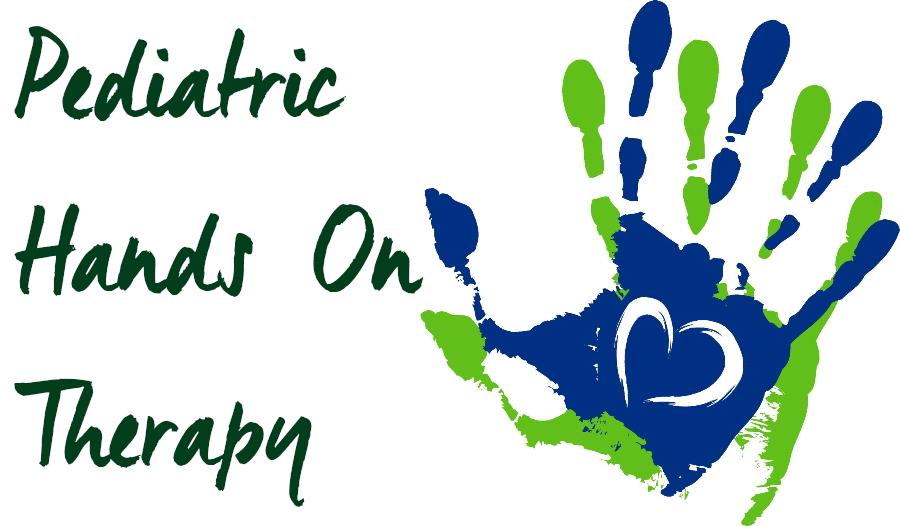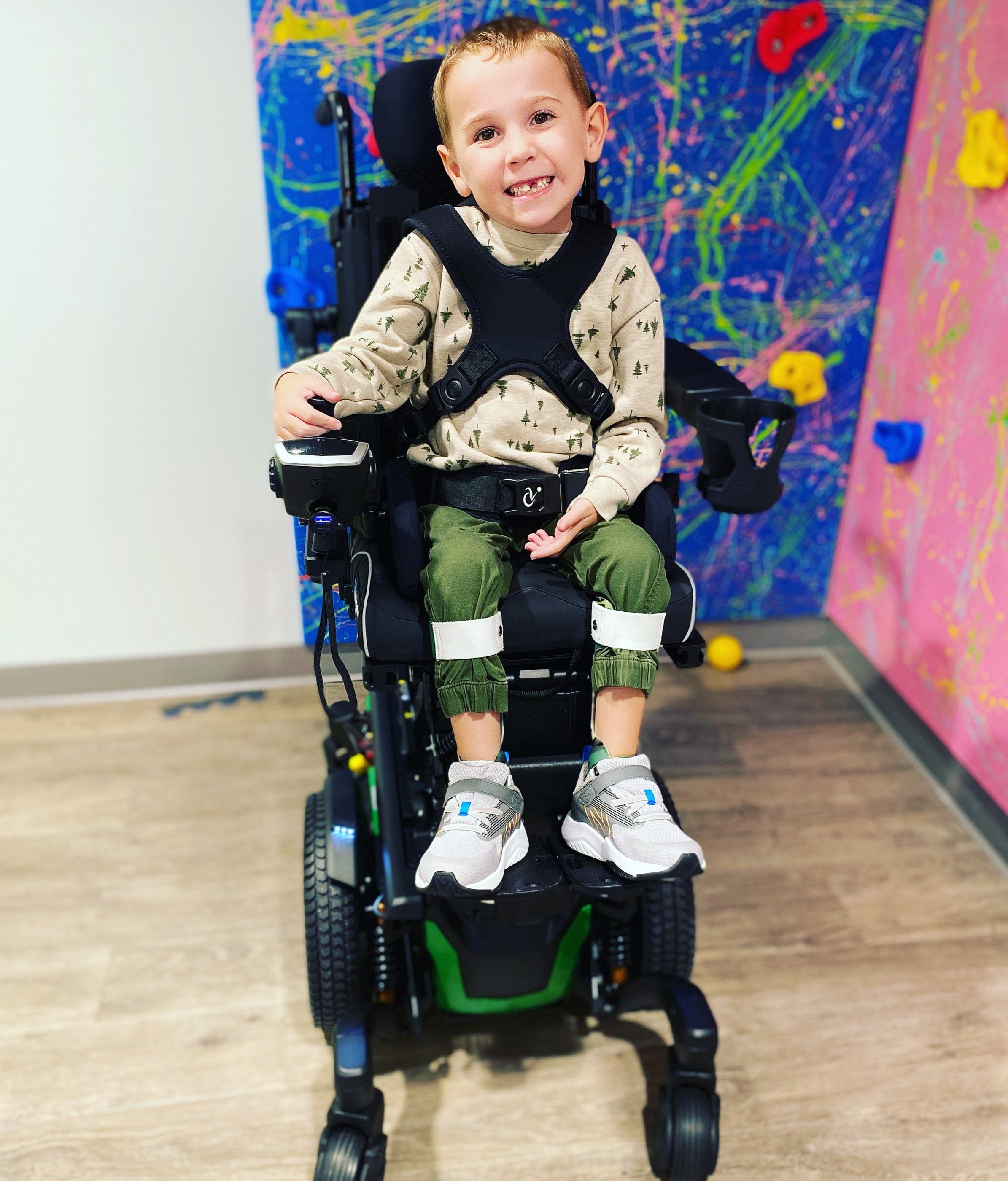Occupational therapy focuses on a child’s “occupation”. A child’s main occupation is development. Children learn through developmental milestones how to interact with people and objects within their environment. Difficulties in the ability to interact with their environment affect overall function. Occupational therapy addresses many areas of development including: fine motor skills, self-care skills, sensory processing, developmental play skills, and social skills. The occupational therapists at Pediatric Hands on Therapy, PC use a child centered, play based approach to improve a child’s ability to interact with their environment. Pediatric occupational therapy is family centered and family education is an important factor in successful intervention. Our occupational therapists use a variety of sensory, motor and developmental strategies in treatment.
What is Occupational Therapy?
Evaluations
Treatment Plans
Consultation
Sensory Diets
Parent and Caregiver Education
Handwriting Evaluation and Treatment
Adaptive Equipment
SOS Feeding Therapy®
Neurodevelopmental Treatment
Therapeutic Listening®
Wilbarger Brushing Protocol®
Beckman Oral Motor Evaluation Protocol®
Handwriting Without Tears®
Pediatric physical therapists work with children and their families to assist each child in reaching their maximum potential to function independently and to promote active participation in home, school, and community environments. Our therapists are trained in the diagnosis, treatment, and management of infants, children, and adolescents with a variety of congenital, developmental, neuromuscular, skeletal, or acquired disorders/diseases. Treatments focus on improving gross and fine motor skills, balance and coordination, strength and endurance. Children with developmental delays, Cerebral Palsy, Spina Bifida, and Down’s Syndrome, and Torticollis are a few of the patients treated by pediatric physical therapists.
What is Physical Therapy?
A feeding disorder occurs when an infant or child has difficulty eating or refusing to eat. There are many factors that may affect a child’s ability to eat such as medical complications, sensory issues and/or behavioral issues. Symptoms of a feeding disorder may include: refusal, swallowing difficulty, taking a long time to eat /drink, vomiting, choking, gagging, behavioral problems during mealtimes, and also a “picky” eater.
Feeding therapy consists of evaluating oral motor skills as well as assessing areas related to feeding difficulties such as “picky eating” behaviors including food jags, limited diets or textures, oral aversion, nutritional deficiencies, and poor weight gain. We also have therapists who specialize in infant feeding and difficulty transitioning from breastfeeding to bottle/cup or difficulty transitioning from bottle to cup/straw.
Our goal is to help reduce the anxiety related to mealtime for both our patients and their families, by helping mealtime become a fun, more pleasant experience for everyone. We inncorporate a sensory and oral motor based approach and interaction with food that is non-stressful where food is offered in a non-forced manner.
An evaluation will be conducted by an occupational therapist or a speech therapist. A specialized treatment plan will be developed based on the needs of the child. Feeding therapy entails specialized home programs and requires daily intervention at home from the family and caregivers. Family involvement is extremely important for feeding therapy to be successful.
What is Feeding Therapy?
Speech therapy addresses communication challenges, both expressive and receptive, that cause children to have difficulty with verbal communication. Speech therapy also treats oral motor concerns, such as chewing and swallowing, as well as articulation, auditory processing and social skills. Most of our speech therapy is conducted in intensive, one-to-one therapy sessions. Speech therapy sessions can last 30-, 40-, or 60- minutes, depending on the need of the child. Speech therapy sessions are typically once or twice per week. Therapy takes place across all settings including home, schools, daycares and at our outpatient therapy clinic. Pediatric speech therapy is family centered and family education is an important factor in successful intervention. Our speech therapists offer a variety of services and specialized therapy services including the following:
What is Speech Therapy?
Evaluations
Augmentative Communication Evaluations
Feeding
Swallowing
Parent and Caregiver Education
Stuttering
Beckman Oral Motor Evaluation Protocol®




